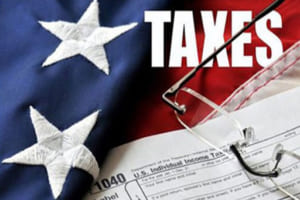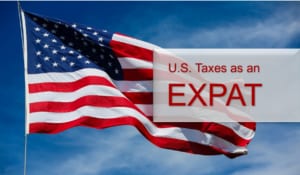The U.S. Citizenship and Immigration Services (“USCIS”) has announced its final rule for the public charge ground of inadmissibility to go into effect on December 23, 2022. USCIS will begin to apply the new rule to applications postmarked on or after that date. Until then, USCIS will continue to apply the 1999 Interim Field Guidance on public charge inadmissibility, as it has done since March 9, 2021.
When you apply to be admitted into the United States or become a lawful permanent resident, USCIS (and the United States Department of State) can deny your application if it determines that you are “likely to become a public charge”—meaning you might have to depend primarily on the government to support yourself, or if you have used government benefits while in the United States. The final rule sets out how USCIS will make this determination.
The new rule is designed to clarify the confusion for public benefits noncitizens are eligible.
What USCIS Will Look At:
Under the final rule, USCIS will determine if you are likely to become a public charge based on the following:
- Your age, health, family status, financial status (including assets and resources), education, and skills;
- Whether a sponsor has submitted Form I-864, Affidavit of Support Under Section 213A of the INA, for you (when required); and
- Whether you have received or are receiving:
- Supplemental Security Income (SSI);
- Cash assistance for income maintenance under Temporary Assistance for Needy Families (TANF);
- State, tribal, territorial, or local cash benefit programs for income maintenance (often called “General Assistance”); or
- Long-term institutionalization at government expense.
What USCIS Will Not Look At:
Under the new rule, USCIS will NOT consider the following when making a public charge determination:
- Benefits received by your family members;
- Supplemental Nutrition Assistance Program (SNAP) or other nutrition programs benefits;
- Children’s Health Insurance Program (CHIP) benefits;
- Medicaid (other than long-term institutionalization at government expense);
- Housing benefits;
- Any benefits related to immunizations or testing for communicable diseases; or
- Other supplemental or special-purpose benefits.
Under U.S. immigration law, public charge inadmissibility does not affect or apply to some applicants. That means the new rule will not affect you if you are:
- Already a lawful permanent resident (in most cases);
- A refugee;
- A person seeking asylum;
- Applying for or re-registering for Temporary Protected Status;
- A special immigration juvenile; or
- Applying for or have T, U, or Violence Against Women Act (VAWA) status.
For a full list of the categories of applicants exempted by Congress from the public charge ground of inadmissibility, see the final rule.
If you have questions about the pubic charge issue or other U.S. visa and immigration questions, please contact us at info@enterlinepartners.com and speak with a U.S. immigration attorney in Ho Chi Minh City, Manila and Taipei.
ENTERLINE & PARTNERS CONSULTING
Ho Chi Minh City, Vietnam Office
Suite 601, 6th Floor, Saigon Tower
29 Le Duan Street
Ben Nghe Ward, District 1
Ho Chi Minh City, Vietnam
Tel: +84 933 301 488
Email: info@enterlinepartners.com
Facebook: Enterline & Partners – Dịch vụ Thị thực và Định cư Hoa Kỳ
Website: http://enterlinepartners.com
Manila, Philippines Office
Tel: +632 5310 1491
Email: info@enterlinepartners.com
Facebook: Enterline and Partners Philippines
Website: https://enterlinepartners.com/language/en/welcome/
Copyright 2022. This article is for information purposes only and does not constitute legal advice. This article may be changed with or without notice. The opinions expressed in this article are those of Enterline and Partners only.








